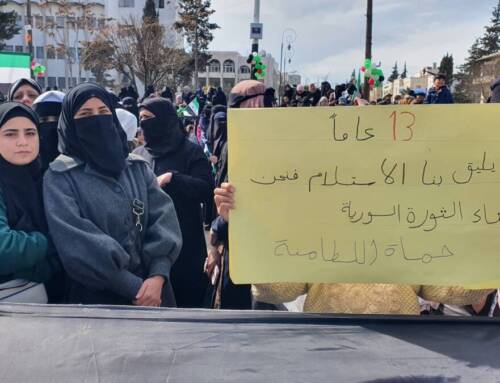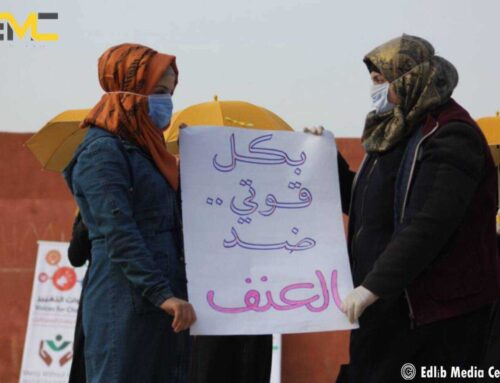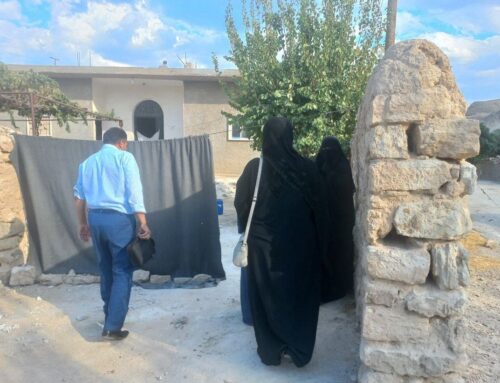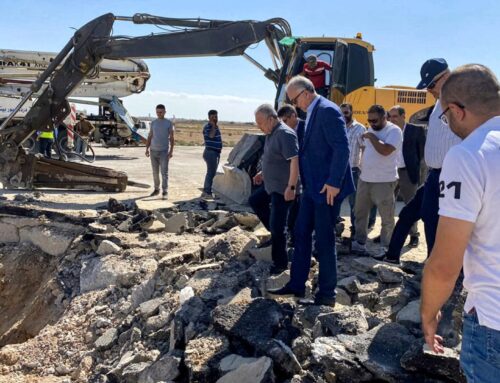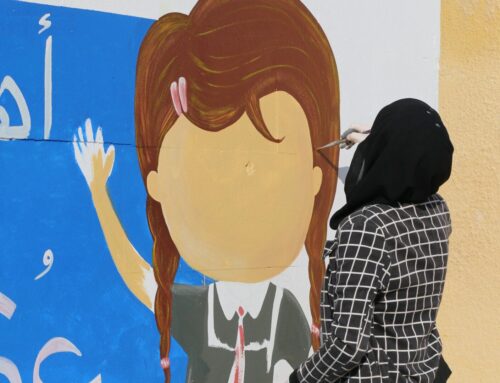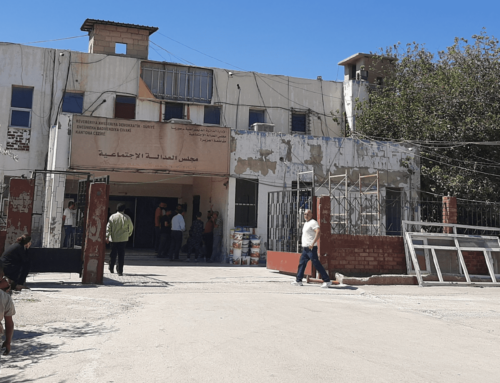Podcast “Qayd”: Syrian women fighting for accountability and justice
Until justice is achieved, Syrian women continue their battle through documentation, says Mashaan, as it takes on legal significance “in accountability, and human significance in preserving memory.”
8 March 2022
PARIS — For the families of Syrian detainees, “documentation is a tool we use to assert our rights and immortalize the memory of our loved ones,” says human rights activist Yasmine Mashaan, whose brother was arrested for demonstrating against the Syrian regime in 2012 and later killed.
Activism by the families of detainees is vital because “nobody can champion and work for our cause more than we can,” says Insaf Nasr. The fate of her husband, who was also detained by the regime, remains unknown. Because there are more men than women in Syrian prisons, said Nasr, women’s voices have been loud when it comes to documenting detainees and demanding accountability and prosecution to achieve justice.
While constrained, as “there is no complete sadness, no complete joy, and no future,” says Marwa, the wife of a detainee, women like her have found themselves facing a great responsibility towards their detained and missing loved ones. They have participated in individual and collective action to advocate for detainees, working with groups such as the Caesar Families Association, Families for Freedom, and other organizations.
In support of Syrian women’s voices, and coinciding with the eleventh anniversary of the Syrian revolution, Syria Direct has launched the podcast “Qayd,” in which five Syrian women tell their stories with the detained and disappeared. They speak about their loss, and describe how they became activists.
Eleven years after the outbreak of the Syrian revolution, which marks its anniversary in mid-March, there are more than 150,000 detainees and victims of enforced disappearance in Syria. And yet, justice efforts remain modest, save for some individual prosecutions of those implicated in war crimes. The latest of these was the conviction of Colonel Anwar Raslan, the former head of the investigations department at the al-Khateeb Branch in Damascus, who was sentenced to life imprisonment.
While efforts have been made on the path to accountability and justice, they do not satisfy the families of victims, said lawyer Noura Ghazi, whose husband, Bassel Khartabil, was executed in Damascus Central Prison (Adra) in 2015. “Sympathy could be acceptable from my neighbor or my friend,” she said, but not from the international community, “from major countries that can make decisions and determine policies. We do not want sympathy—we want action.”
Until justice is achieved, Syrian women continue their battle through documentation, says Mashaan, as it takes on legal significance “in accountability, and human significance in preserving memory.”
You can listen to episodes of “Qayd,” in Arabic, on Soundcloud and Spotify. A trailer for the podcast and links to the first two episodes are available below. It was produced and coordinated by Ammar Hamou, with voiceover and sound engineering by Omar Nour.
Trailer:
Episode 1:
Episode 2:


